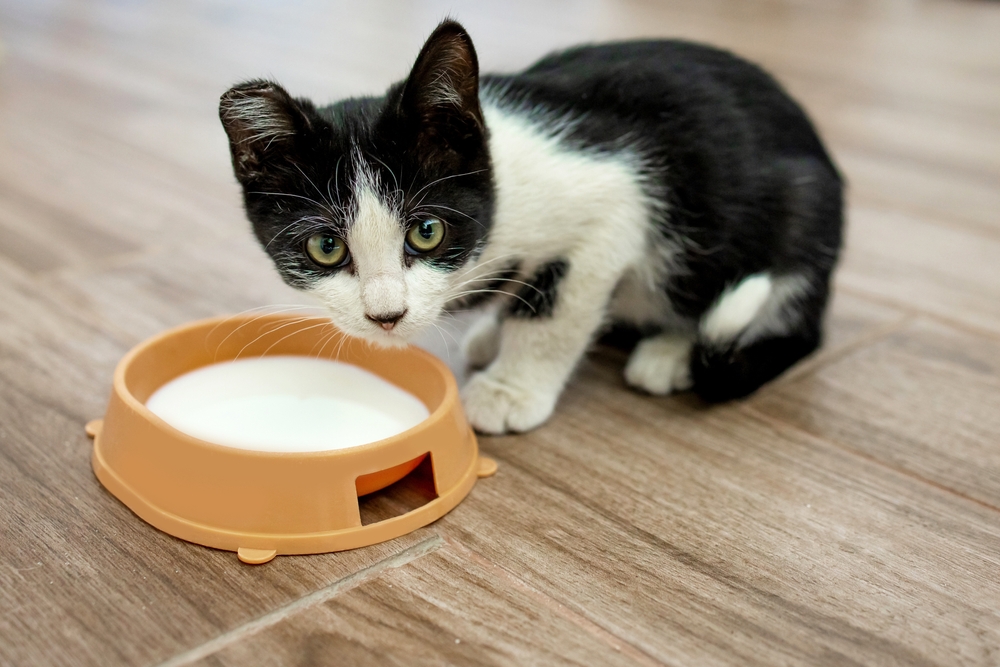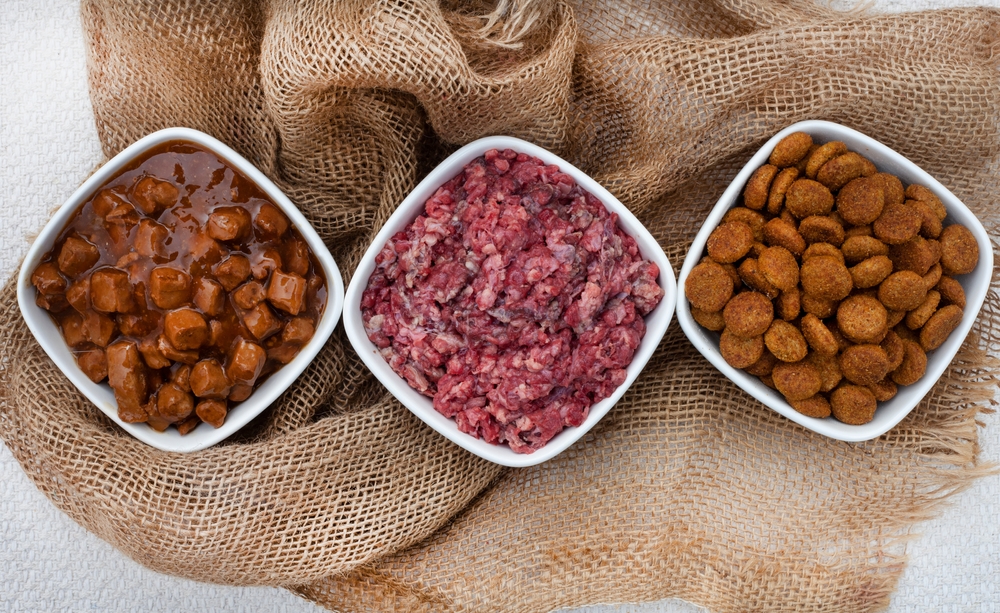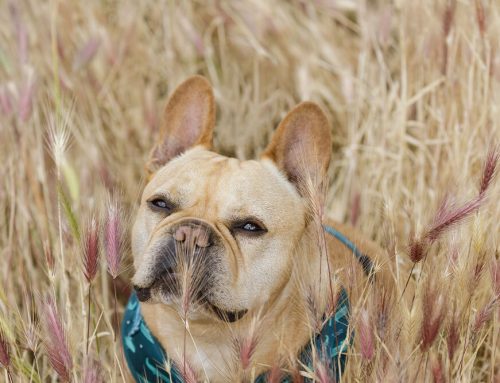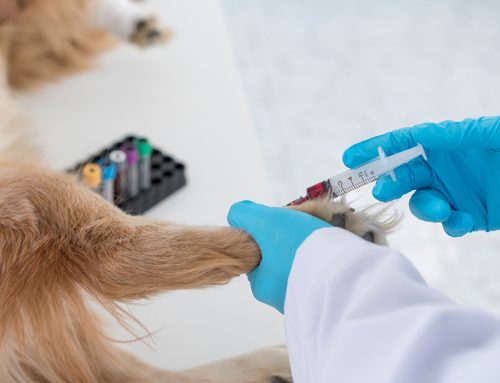Pet nutrition is a hot topic, and getting lost in the maze of myths and facts is easy. At Boca Midtowne Animal Hospital, we’ve heard it all, from common misconceptions to the outright bizarre, so let’s test some of these pet nutrition beliefs. Can you tell which statements are true and which are fiction?
Fact or fiction? Grains are bad for dogs
Statement: Grains are bad for dogs and should be avoided.
Answer: Fiction.
Despite the popularity of grain-free diets, avoiding grains can put your dog at risk for serious health issues. Recent studies have potentially linked grain-free diets to an increased risk of dilated cardiomyopathy (DCM), a life-threatening heart condition. Grains such as rice, oats, and barley provide essential nutrients such as fiber, vitamins, and minerals that contribute to your dog’s overall health. Grain-free foods often rely on ingredients such as legumes and potatoes, which may be associated with an increased DCM risk.
Example: Consider Fido, a healthy Labrador retriever whose owner switched him to a grain-free diet after hearing adverse claims about grains. Over time, Fido became lethargic, and his heart function became poor. Concerned, his owner scheduled a vet visit where tests revealed Fido was developing DCM, possibly attributable to his grain-free diet. Because this disease was caught early, reintroducing grains and adjusting his diet under veterinary guidance helped stabilize Fido’s condition and improve his heart health.
Fact or fiction? Cats can thrive on vegetarian diets
Statement: Cats can be healthy on a vegetarian diet.
Answer: Fiction.
Cats are carnivores, meaning they require nutrients found only in animal products. Taurine, a must-have amino acid for cats, is present only in animal tissue. A lack of taurine can lead to severe health problems such as heart disease and vision loss. A vegetarian diet can’t provide the complete nutritional profile cats need to thrive. While feeding your pet according to your dietary choices seems appropriate, you need to fulfill your furry pal’s biological needs.
Example: Think about Whiskers, a playful tabby cat. Whiskers’s owner, a committed vegetarian, decided to put him on a vegetarian diet. After several months, Whiskers became lethargic and his coat condition became poor. A thorough checkup revealed that Whiskers was suffering from nutrient deficiency. Switching back to a meat-based diet quickly restored his health.
Fact or fiction? Raw diets are the best for pets
Statement: Raw diets are the best and most natural choice for pets.
Answer: Fiction.
A raw pet food diet seems appealing because of its “natural” allure, but such a diet comes with significant risks. Raw meat can harbor harmful bacteria like Salmonella and E. coli, which pose health risks to pets and people in the household. If not properly formulated, a raw diet may cause your pet to have a nutritional imbalance. Before feeding your pet a raw food diet, consult with our veterinarian to verify that the food meets your pet’s dietary needs and is safe to handle.
Example: Luna, a German shepherd dog, was switched to a raw diet because her owner believed it would enhance her health. Unfortunately, Luna developed gastrointestinal (GI) issues, and her owner contracted Salmonella. After a vet visit, Luna transitioned to a balanced commercial diet, and both Luna and her owner’s health improved.
Fact or fiction? Cats and milk are a perfect match

Statement: Cats love milk, so it must be good for them.
Answer: Fiction.
Kittens can digest their mother’s milk, but most adult cats are lactose intolerant. As kittens grow and wean, their ability to process lactose diminishes. Giving your cat cow’s milk can lead to digestive issues such as stomach upset, diarrhea, and cramps. Water is the best beverage choice for your feline friend.
Example: Sheldon, a curious tuxedo cat always seemed interested in the milk left out after breakfast. Believing milk was a treat, his owner started giving Sheldon a small bowl each day. Soon, Sheldon began experiencing frequent bouts of diarrhea. Sheldon’s owner scheduled a vet appointment, and our team found that this kitty’s digestive troubles were attributable to the lactose in the milk. Sheldon’s digestive health improved significantly once milk was removed from his diet.
If you have questions about your pet’s diet or need personalized nutrition advice, visit our Boca Midtowne Animal Hospital team. Our experts are dedicated to helping you make the best dietary choices for your four-legged friend, tailored to their specific needs. Book your consultation today and take the first step toward supporting your pet’s long-term health and happiness.








Leave A Comment